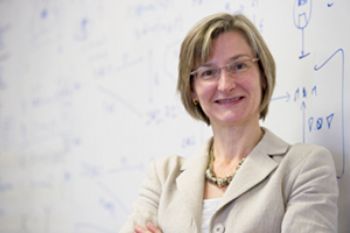
Glasgow and St Andrews universities (plus two others) are to share more than £4 million in grant funding in a project that aims to deliver more-reliable sensor-based systems.
The Science of Sensor Systems Software (S4) project, which also includes the University of Liverpool and Imperial College London, will bring together expertise across computing, engineering and mathematics with a range of private- and public-sector partners.
S4 aims to develop new principles and techniques for sensor system software to help the development of more-robust water networks, air quality monitoring, reliable autonomous driving and precision manufacturing.
Supported by a grant of almost £4.2 million from the Engineering and Physical Sciences Research Council (EPSRC), the project will run until 2021.
A number of companies and scientific organisations are involved in the project, including the automation technology developer ABB, the British Geological Survey, the CENSIS centre of excellence for Sensor and Imaging Systems technologies, Freescale Semiconductor, Rolls-Royce, the French multinational Thales Group and Transport Scotland.
Muffy Calder, who is Professor of Formal Methods in Computing Science and head of the College of Science and Engineering at the University of Glasgow (and will be leading the project), said: “Although sensors are becoming ever more commonplace in all kinds of devices around us and in our everyday lives, the sensors themselves — and the environments in which they operate — are very uncertain: we don’t have a unifying science to ensure that
the systems and the information they provide are resilient, responsive, reliable and robust.
“By the end of the project, the team will have answered a number of fundamental questions about how to design, deploy and reason about sensor-based systems, having developed new principles, techniques and tools, alongside simulations and physical sensor test-beds for experimentation. They will also demonstrate the applicability and effectiveness of the new techniques across a range of applications.”